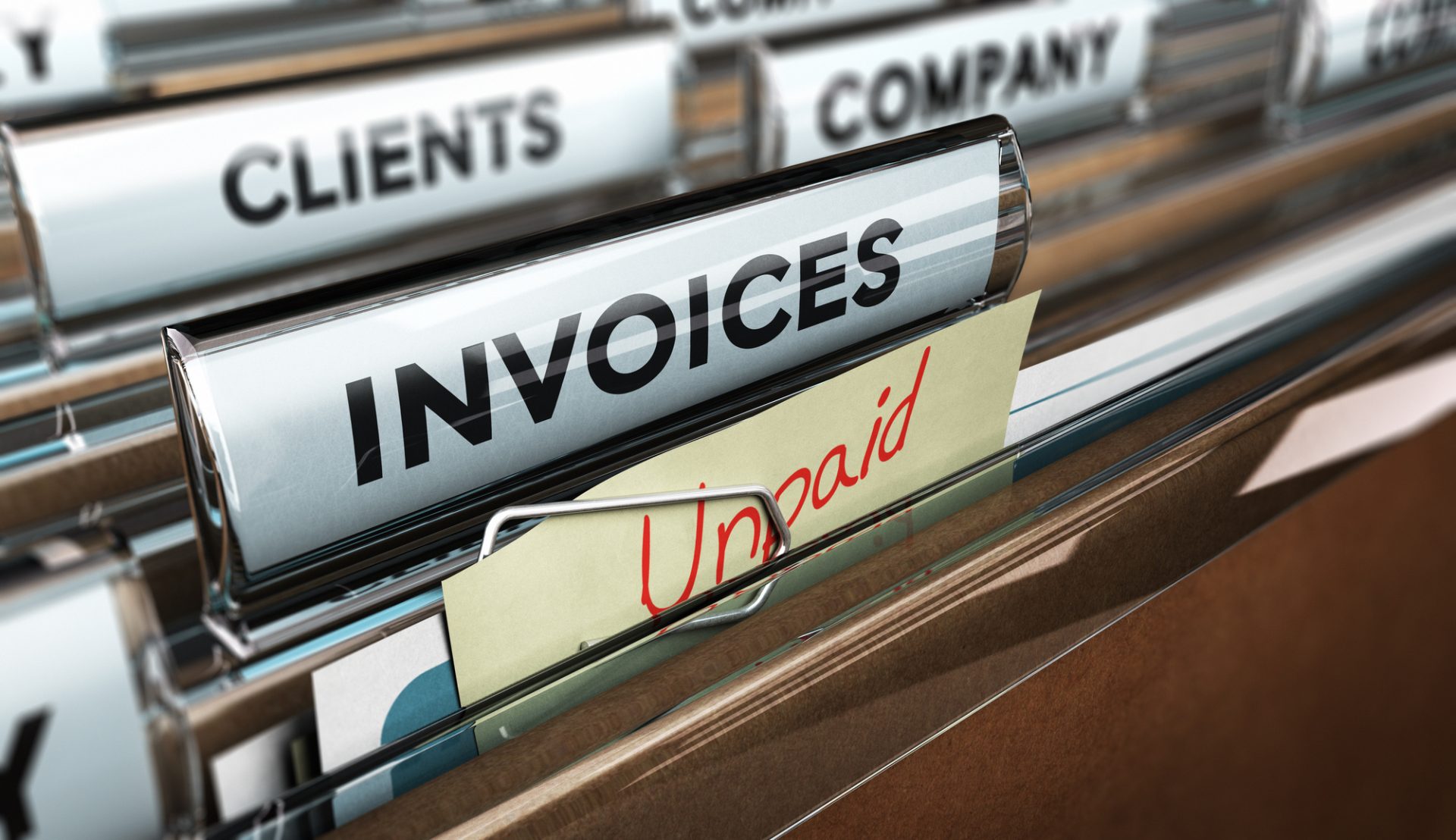Maintaining a steady cash flow is pivotal for any flourishing business, and one of the substantial barriers to achieving this is unpaid invoices. When accounts receivable accumulates, it can become a weighty burden that hinders growth and stability.
Learning how to collect money from client is an essential skill for businesses, as it involves adopting a systematic approach to retrieving payments.
The following proactive strategies can be deployed to reduce the risk of unpaid invoices and propel your business toward sustained success:
1. Establish Clear Payment Terms
Clear communication lays a foundation for smooth transactions. Before engaging in business with clients, ensure they understand the payment terms. State the payment timeline, detail any late fees, and mention accepted payment methods. With explicit terms, you eliminate room for ambiguity and give your clients a clear guide on how and when to settle their bills.
2. Foster Strong Client Relationships
Next in line is the importance of a robust business-client relationship. Regular, non-intrusive communication strengthens these ties. Let your clients know when you’ve sent an invoice and confirm they’ve received it. This rapport often leads to clients prioritizing your invoices, helping to prevent them from becoming overdue.
Additionally, nurturing a strong relationship extends beyond just communication about invoices. Providing exceptional customer service, understanding the client’s needs, and delivering on your promises helps build trust and respect.
3. Utilize Advance Payments And Deposits
Protecting your business’s interests is vital. Requesting advance payments or deposits before providing services or goods can provide a safety net. This strategy safeguards your operations by ensuring you receive at least a portion of the due payment before beginning the work.
Notably, this approach is common in several industries. For instance, in the event planning sector, an upfront deposit secures the date and availability of services, giving the business funds to start the necessary preparations.
Moreover, if a client decides to cancel, this deposit could cover any costs already incurred by the business. In essence, advance payments or deposits assure commitment from both parties, which paves the way for a more reliable and protected business transaction.
4. Leverage Automated Billing Systems
Embracing technology can take a lot of pressure off your administrative team. Using an automated billing system, your business can streamline the invoicing process.
Automated systems not only save time but also minimize human error. They can send reminders for upcoming payments and even a thank you note for prompt payments.
5. Offer Multiple Payment Options
Every client is unique, and so are their preferred methods of payment. By offering various payment options – from traditional methods to digital wallets and online transfers – you’re making it convenient for clients to settle their accounts promptly.
6. Regularly Monitor Accounts Receivable
It’s easy to overlook an unpaid invoice. That’s why you should regularly monitor your accounts receivable. An effective monitoring system can quickly identify overdue payments, allowing you to take immediate action. It might involve sending a polite reminder, following up with a phone call, or initiating email communication.
By maintaining an accurate, up-to-date record of your accounts receivable, you can spot patterns and trends, too. For example, if a client consistently pays late, you can address the issue directly and revise payment terms to encourage punctuality. Consequently, such measures reduce the potential of accumulating unpaid invoices and bolster your business’s financial health.
7. Implement A Legal Contract
In business, a legal contract often holds substantial power. For instance, a small business offering graphic design services might draft a contract stating that all payment is due within 30 days of invoice receipt, with a 2% monthly penalty for late payments.
A contract with clear payment terms and stipulated repercussions for late payments can be a significant deterrent against unpaid invoices.
8. Seek Professional Help If Necessary
Lastly, if unpaid invoices persist, feel free to enlist external assistance. Whether that’s a collection agency or legal action, these steps can ensure your business receives its due payment.
For instance, if a construction company consistently fails to receive payment from a client despite numerous reminders and negotiations, they might hire a collection agency. These professionals specialize in recovering debts, helping you collect what’s owed.
In Conclusion
Preventing unpaid invoices is critical for any thriving business. Through the implementation of clear payment terms, nurturing strong client relationships, utilization of advance payments and deposits, leveraging of automated billing systems, offering of varied payment options, vigilant monitoring of accounts receivable, and the employment of legal contracts, your business enhances its chances of stability and success.




























